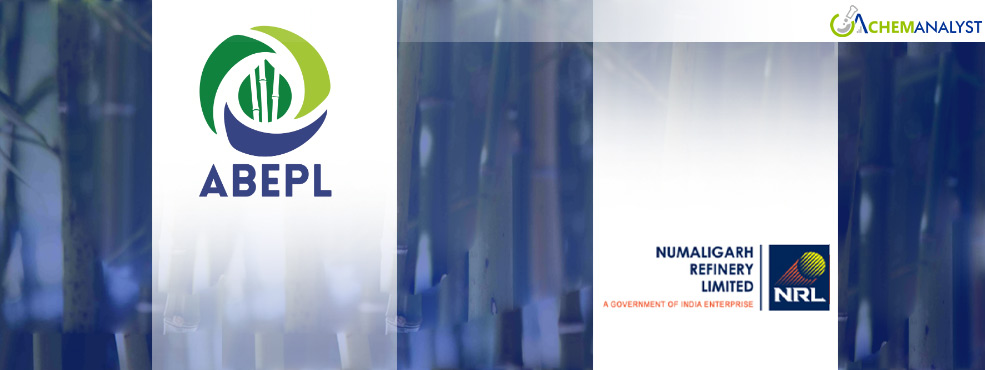Welcome To ChemAnalyst

Assam is poised to become a significant hub for green fuel production with the upcoming commercial launch of a Rs 200-crore bamboo-based bio-refinery by mid-2025. Assam Bio Ethanol Private Limited (ABEPL), a joint venture where Numaligarh Refinery Limited (NRL) holds a major stake, is spearheading this ambitious project located in Numaligarh. The refinery boasts a substantial capacity to produce 49 kilotonnes per annum (KTPA) of ethanol, alongside valuable byproducts such as furfural, acetic acid, carbon dioxide, and bio-coal.
Sources within NRL have confirmed that a successful trial run of the bio-refinery was conducted in December 2024, during which ethanol was efficiently produced using bamboo as the primary feedstock. The commissioning of this state-of-the-art facility is anticipated to take place between June and July 2025.
The primary purpose of the ethanol produced at the bio-refinery is to supply Numaligarh Refinery Limited for blending with Motor Spirit (petrol), aligning with the national focus on promoting ethanol-blended fuels for a greener environment. Furthermore, ABEPL intends to tap into the open market for its other valuable byproducts.
Furfural and acetic acid, both crucial industrial chemicals, along with carbon dioxide, will be made available for sale. Notably, the bio-coal generated during the process will be utilized within the bio-refinery itself for electricity generation and process steam, promoting energy self-sufficiency and minimizing waste.
The success of this bio-refinery hinges on a robust and sustainable supply chain of bamboo. ABEPL has strategically established a comprehensive sourcing network that encompasses forest and non-forest areas within Assam and three neighboring states – Arunachal Pradesh, Meghalaya, and Nagaland – within a 300-km radius of the plant. The company has meticulously categorized its inbound supply chain participants into four key groups: bamboo farmers, harvesting cum interim transporters (HIT), local-level entrepreneurs (LLEs), and transporters of bamboo chips.
This bio-refinery project is projected to have a significant socio-economic impact on the region. It is expected to benefit approximately 30,000 rural households across its value chain and create a market linkage for an impressive five lakh tonnes of green bamboo annually, generating business opportunities worth around Rs 200 crore.
The Northeastern region's favorable agro-climatic conditions make it ideal for bamboo cultivation. With a substantial 55,725 sq km of bamboo forest cover (as per the Forest Survey of India report, 2023) holding 178.6 million metric tonnes of bamboo biomass, the bio-refinery's annual requirement of a mere 0.5 million metric tonnes ensures a readily available and sustainable feedstock supply.
We use cookies to deliver the best possible experience on our website. To learn more, visit our Privacy Policy. By continuing to use this site or by closing this box, you consent to our use of cookies. More info.
